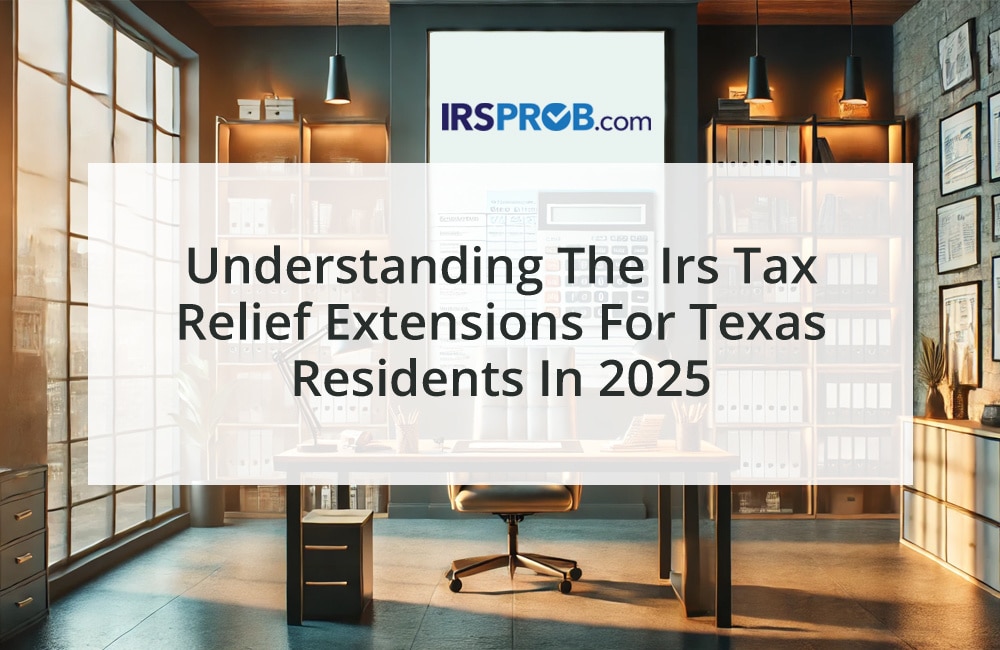Understanding U.S. Estate Tax for Non-U.S. Citizens: Domicile, Situs, and Tax Treaties
The U.S. tax system operates on a citizenship model, subjecting U.S. citizens to income, gift, and estate taxes on their worldwide assets. However, non-U.S. citizens may also become subject to U.S. estate tax under certain circumstances. This blog post explores the factors of domicile, situs, and tax treaties that determine the application of U.S. estate tax laws to non-U.S. citizens.
Domicile and its Significance: For non-U.S. citizens, domicile plays a crucial role in determining their estate tax obligations. If a non-U.S. citizen is domiciled in the United States, they are subject to estate tax on their worldwide estate. Establishing domicile requires both physical presence and the intent to make the United States their permanent home. Factors such as residence, employment, driver’s license, and more contribute to determining domicile.
Situs of Assets and Tax Liability: If a non-U.S. citizen is not domiciled in the United States, the focus shifts to the situs of their assets. Generally, non-U.S. domiciliaries are only subject to U.S. estate tax on assets situated in the United States. Real property within the U.S. and personal property located within the country are considered U.S.-situated assets. However, certain exceptions exist for personal effects, merchandise, and artwork owned by non-U.S. citizens not domiciled in the U.S.
Tax Treaties and Mitigation: Tax treaties play a significant role in mitigating or eliminating double taxation for non-U.S. domiciliaries with ties to both the United States and another country. These treaties are categorized based on situs or domicile and provide guidelines for asset inclusion in the estate and exemption amounts. The United States has estate tax treaties with various countries, which may influence the tax liability for non-U.S. citizens.
Planning Considerations: To reduce U.S. estate tax liability, careful planning is essential, especially before acquiring U.S.-situated assets. Options include purchasing life insurance to cover future estate tax costs, utilizing nonrecourse loans, establishing foreign ownership structures, creating domestic or foreign trusts, or using foreign partnerships. Each option has its advantages and should be evaluated considering factors such as income taxes, home country taxes, legal compliance, and administrative costs.
Conclusion: Navigating the complexities of U.S. estate tax as a non-U.S. citizen requires a thorough understanding of domicile, asset situs, and applicable tax treaties. By considering these factors and engaging in strategic planning, non-U.S. citizens can effectively manage their U.S. estate tax liabilities and protect their worldwide assets.
Disclaimer: This article is for informational purposes only and should not be construed as legal or financial advice. Consult with a qualified professional for personalized guidance regarding your specific circumstances.









